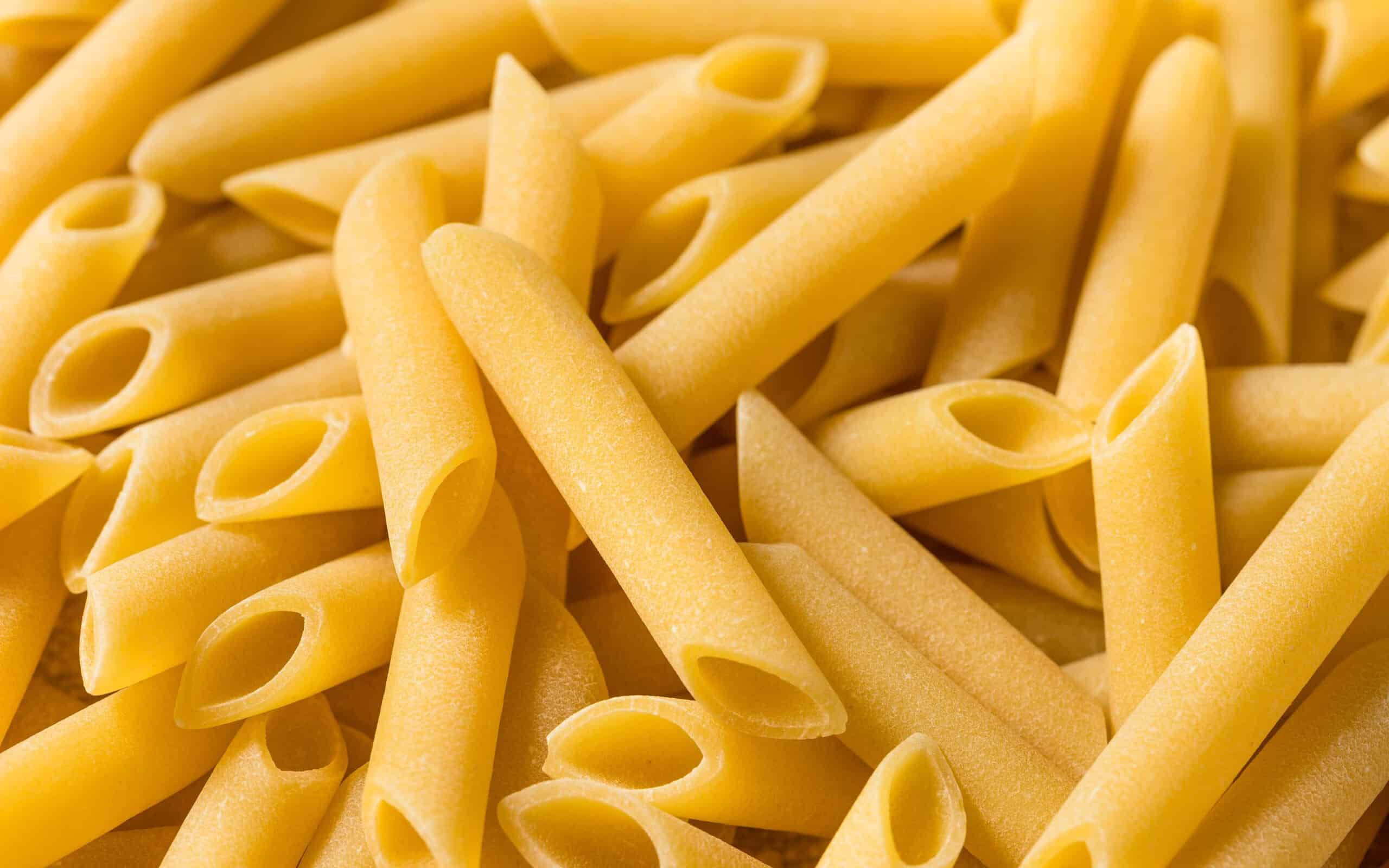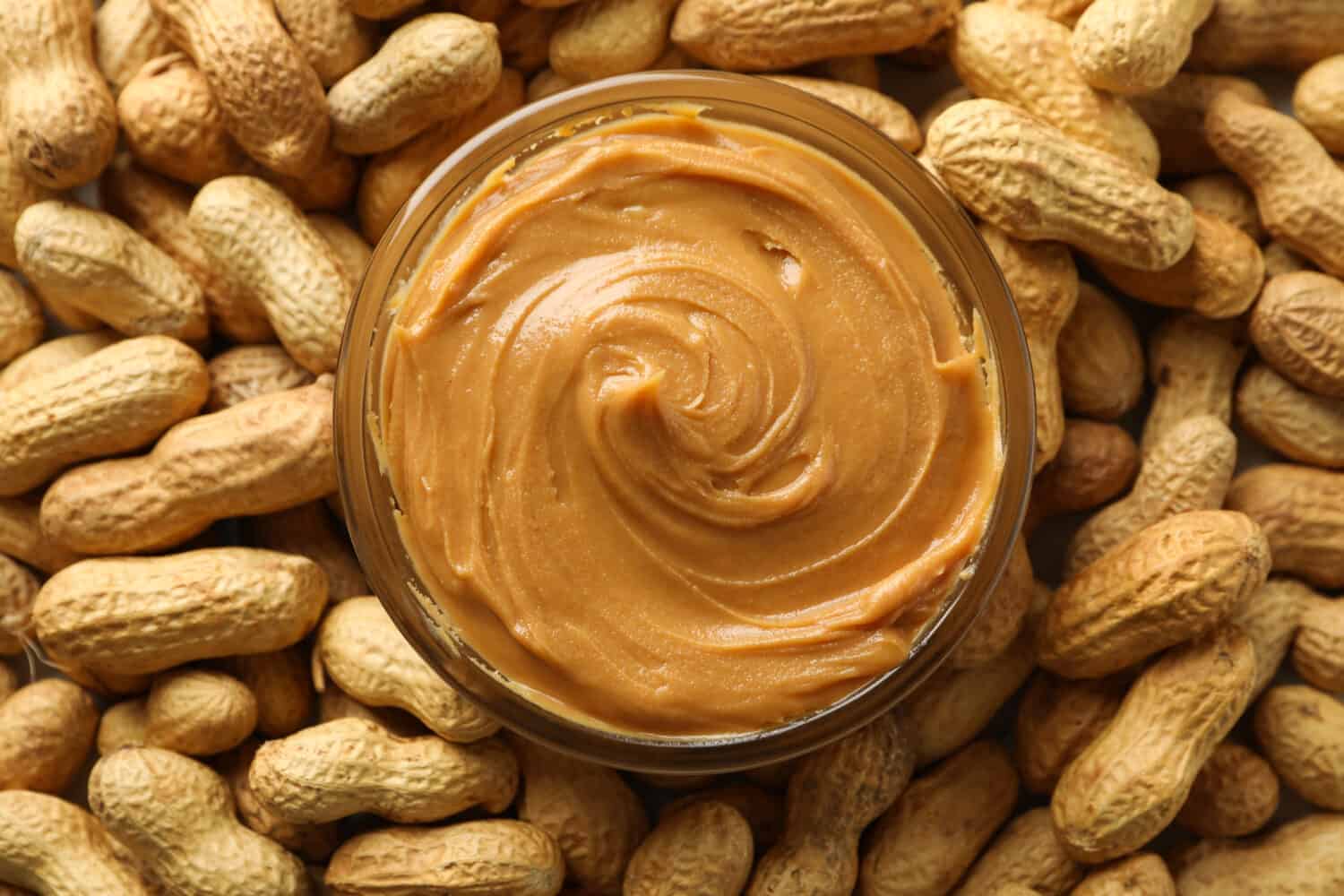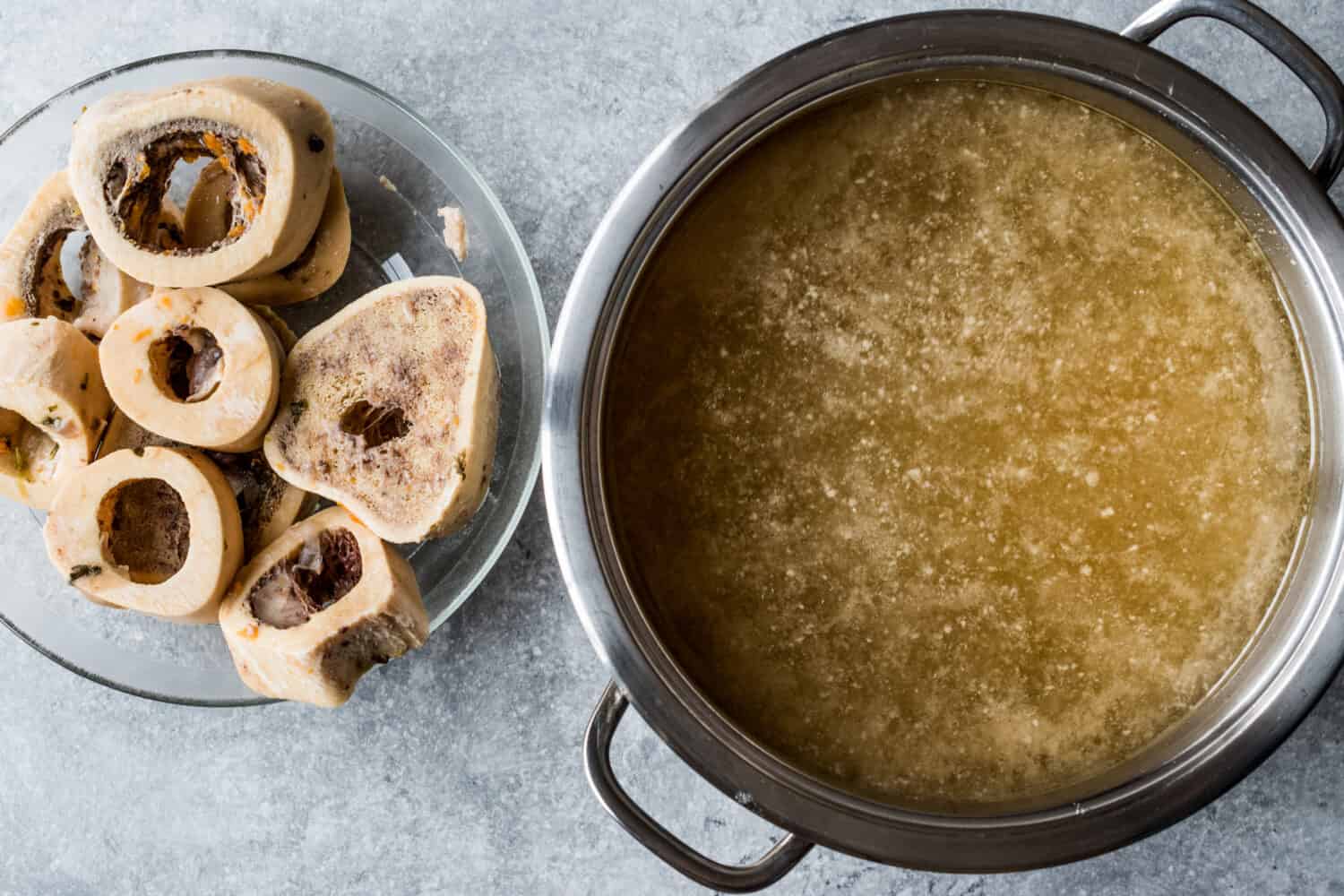Some days we are often in a rush; the kitchen is dirty, the dishes need to be done, and the next minute you know you’re putting things down in the kitchen sink. It’s important to think before doing this, as it can cause huge plumbing problems that will be costly to fix in the long run. Here are 12 things you should never put down the kitchen drain.
1. Flour

©The Image Party/Shutterstock.com
You’ve probably noticed that when you cook or bake with flour, it tends to stick to everything and, once dried, can be difficult to clean up. You should never put flour down the kitchen drain. Once flour mixes with water, it sticks to itself and clots. It can be hard to remove once dried, causing a clogged drain and narrowing the pipes.
2. Coffee Grounds

©iStock.com/Michelle Lee Photography
You may think it is quite harmless to throw coffee grounds down the drain. However, coffee grounds stick together once wet because they are not water-soluble. According to plumbers, coffee grounds are one of the most common reasons why kitchen drains get blocked. If you enjoy gardening, you can put them in your compost; they are filled with nutrients such as nitrogen. Sprinkle them around plants and vegetables such as roses, radishes, blueberries, carrots, and azaleas.
3. Rice, Pasta, Bread, and Oatmeal

©Brent Hofacker/Shutterstock.com
Rice, pasta, bread, and oatmeal swell up once they’ve absorbed water. When they get wet, they become sticky and form clumps that clog up the pipes. If you think one of these has caused a blockage, try pouring some boiling water down the drain to release it.
4. Celery

©Kaiskynet Studio/Shutterstock.com
Celery is made up of long strands that can create a blockage in the drain. As the clog sits there, it begins to grow, collecting other food particles, dirt, and grease. Meanwhile, as the clog gets bigger and the food goes rotten, the drain will begin to let off an unpleasant smell. Additionally, should this be a problem, you may want to try putting ½ cup of baking soda in the drain, followed by ½ cup of white vinegar, then allowing it to bubble for about 20 minutes and flushing with hot water. Furthermore, to avoid waste, if you have extra celery, you can easily chop it up and blanch it, then store it in a freezer bag for up to a year and add it to stews and soups.
5. Eggshells

©Chamille White/Shutterstock.com
Once eggshells break down, they can easily clog your drain. They attach themselves to oils and grease, allowing the clog to grow. Furthermore, the bacteria caused by eggshells can adulterate the sink, affecting the foods you prepare and causing unwanted sickness. It is best to throw them away in the trash or add the crushed shells to a compost heap. Eggshells are high in calcium, and by adding eggshells to your garden, it can lower the acidity in the soil, control pests like snails and slugs, and encourage root growth.
6. Bacon Gease, Oils, and Fats

©Naypong Studio/Shutterstock.com
All three of these are a plumber’s nightmare. Even though they are in liquid form, when poured down the drain, each one thickens and sticks to the inside of the pipes, allowing other waste to cling to it, eventually narrowing the pipe and causing a blockage. Did you know that more than 47% of sewers in the United States overflow every year because of these three substances? Once these substances reach the sewers and mix with everyone else’s oils, grease, and fats over time, they solidify into what is known as a massive “fatberg.” Furthermore, the biggest fatberg was discovered in September 2017 below Whitechapel; it weighed 130 tons and was a whopping 250 meters long. So that said, it is best to dispose of these substances in a sealed container and put them out in the trash.
7. Pet Food

©WS-Studio/Shutterstock.com
Depending on the ingredients used, dry or wet pet food could contain fibrous, sticky components, and fats, which can all lead to blockages. So when your fur baby doesn’t finish its food, throw it in the trash.
8. Nuts and Shells

©AtlasStudio/Shutterstock.com
Peanuts and other nut butters are made by pulverizing the nuts into a paste, and nuts contain essential fatty acids. Over time, you could end up with a big ball of peanut butter down the drain, causing a blockage. Instead, add them to your compost heap and put it in the garden.
9. Medicines

©GBJSTOCK/Shutterstock.com
We were always told to flush medicines down the drain; however, we should avoid doing so because it ends up polluting the water supply. It is best to speak to your local pharmacy and ask if they will dispose of them properly for you.
10. Fruit Pits

©Agave Studio/Shutterstock.com
Fruit pits such as apricots, avocados, plums, mangos, dates, etc. can be large and hard. These pits can cause chaos by beginning a blockage or making one even worse. Always throw them in the trash or compost pile. Better yet, you could plant them and grow your own fruit trees.
11. Produce on Stickers

©Anjar G/Shutterstock.com
When buying fruits and vegetables, you often find a small produce sticker on the vegetable or fruit. However, when rinsing the stickers off, we often throw them down the drain. Keep in mind that these stickers are not biodegradable and can cause clogging in your plumbing pipes. Furthermore, removing these stickers and disposing of them in the trash can instead of down the drain is advisable.
12. Bones

©Alp Aksoy/Shutterstock.com
It is not wise to put bones down the drain. Bones are sharp and can damage the internal structure of the pipes. This is because bones are hard, and when washed away in the pipes, they can cause damage to the plumbing system. Additionally, this can lead to cuts and scrapes in the plumbing pipes, leading to debris over time. It is best to feed your pet bones or throw them away in the trash.
The image featured at the top of this post is ©Studio Romantic/Shutterstock.com.
